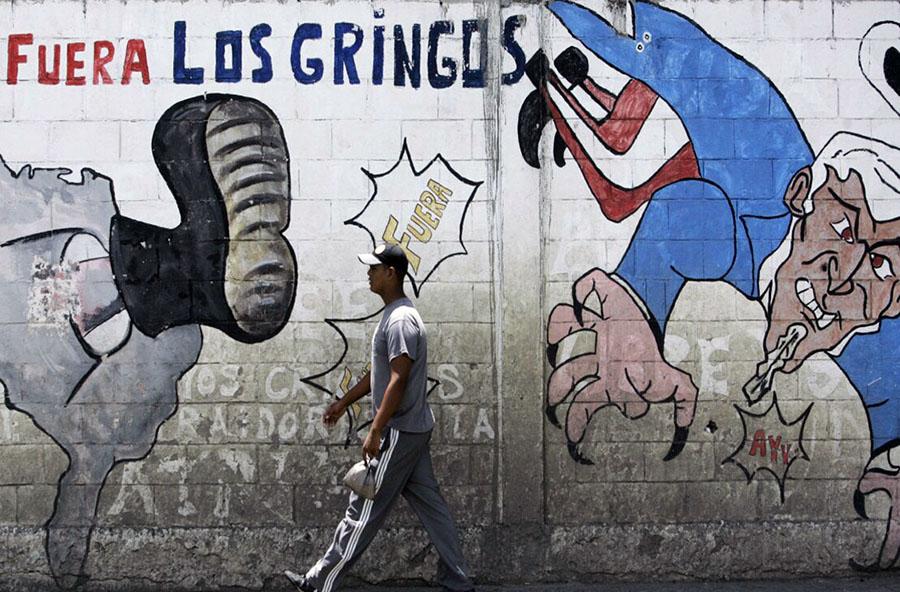
Speaking of world geopolitics, Venezuela is a nexus in which historical forces, oil policy and competitiveness between great powers converge intensely. If we take the Latin American context, we see a regional battle with profound implications for the international order.
At the center of this geopolitical turbulence are Venezuela’s vast oil reserves, the largest in the world. Let us remember that these lands were the domain of Exxon-Mobil, the former territory of the Rockefellers. If we add the historical context of corporate influence since the beginning of the twentieth century, and the current presence of the Southern Command in the territory, it is the result of the planned ambition for the control of strategic resources.
A situation that becomes more controversial as the world witnesses a Western push towards green energy; however, it is no coincidence that Tesla is losing ground to Chinese manufacturers, which are overtaking the United States in electric vehicle production.
China’s dominance in solar and wind energy technologies already exceeds European and U.S. capabilities, forcing a reevaluation of the energy strategies of Western capitals.
From this perspective, the potential “Syrianization” of Venezuela, proposed as a media campaign promoted by Venezuelan extremists from abroad, seeks, by violent means, scenarios that lead to the fragmentation of the Venezuelan State for its subsequent looting.
Venezuela’s other strategic importance, beyond its oil reserves, is the country’s position to control the Caribbean in its entirety, especially amid disputes over traditional and renewable energy sources, but also over hegemonic control over transoceanic commercial arteries.
It is worth highlighting what Donald Trump recently said: he referred to the transfer of the Panama Canal under the Carter administration, showing what the hemispheric policy of the United States really is.
The U.S. president lamented the “loss” of the Canal and pointed to China for alleged control of the Canal today, reflecting more anxiety about the loss of hegemonic influence. This narrative is part of a pattern also used against Cuba and Venezuela. The claim to “recover” control of the Canal reveals the persistence of a colonial mentality, which ignores the self-determination of the Latin American peoples.
Although Washington’s influence extends deeply to Colombia, Ecuador, Guyana, and several other nations in the region, the fundamental challenge to popular forces lies in their ability to resist and prevent Our America from following the tragic path that has devastated the Middle East.
Therefore, the fate of Venezuela, intertwined with the struggle for Latin American autonomy, becomes a key battlefield, where the future of regional sovereignty will be determined.
The way forward requires not only resistance to external pressures, but the active construction of alternative power structures based on popular organization and regional solidarity. Only through this unified action can the region avoid the fragmentation and conflict that have plagued other resource-rich regions of the Global South.
Comandante Antonio García